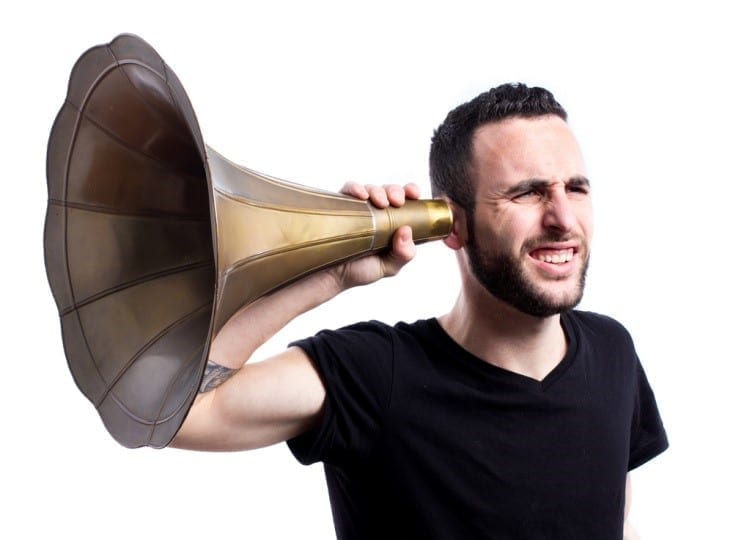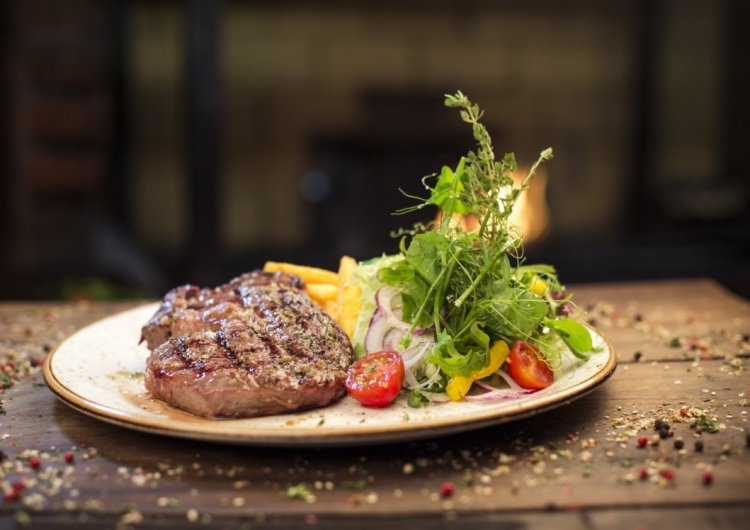“… a song of praise is sung only over wine.” Berachot 35a
The culture amongst which we are surrounded seems to put alcohol at center stage, and, frankly, it is difficult to avoid, whether at the supermarket ad or even at a Disney theme park. Yet, despite its casual omnipresence and glorification, cold statistics tell us that alcohol is more damaging to individuals and society as a whole than even crack or heroin. No joke.
Indeed, a path where alcohol flows proves one of the most treacherous physical paths anyone may follow. Romanticized on a billboard on one side of town; on the other, a neighbor sits in a hospital bed, suffering from liver failure, gastrointestinal bleeding and orthopedic trauma from the real and present danger.
Jews, as a group, have been fortunate, however, to have avoided the social perils of alcohol at large. Sociologists have pointed out and marveled that Jews proportionately and frequently drink more wine, beer and spirits than any other ethnic or religious segment of the population, yet miraculously have the lowest proportion of negative social consequences due to that consumption. Yet, despite the higher frequency, the overall amounts of alcohol, in fact, are amazingly low. Israel boasts one of the lowest in alcohol consumed per capita in the world with one of the highest life expectancies. Paradoxically, perhaps, someone who drinks zero alcohol lives a shorter life than someone who has one drink per day.
Surely, from a Jewish perspective, alcohol is one of the most paradoxical and perplexing substances, embodying both extreme positivity and negativity simultaneously. Where on the one hand, King David tells us emphatically that wine “gladdens man’s heart” (Tehillim 104:15), on the other, our Sages warn that it “reddens the face of the wicked in this world and pales it [with shame] in the next.” (Sanhedrin 70).
That said, Jews never shy away from proudly displaying a bottled of the fermented matter on the table every Shabbat and Yom Tov. Wine is a source of joy and even a requirement to remember the Shabbat, despite its having potentially caused the downfalls of both Adam and Noah. The Zohar (3:95a) refers to wine as “simchat Torah” and “from the crown of the King.” Yet, while wine causes “God and men to rejoice,” (Shoftim 9:13), if one “drinks two cups, he loses two parts of his mind” (Numbers Rabbah 10).
Leaving one’s head further spinning, the Sages discuss the varied ways to drink non-Jewish made beer, whether at the door of the shop, like R’ Papa, or in privacy of one’s house, like R’ Achai (Avodah Zara 31b), never mind at the local kiddush. Indeed, ancient beer vats have been excavated in Israel attesting to its presence even in Jewish spheres for millennia. These certainly did not belong to our Muslim cousins.
What is the secret to resolving this paradox? Water. Yeshayahu tells us, “All who thirst, go to water,” (55:1) and Bava Kama reminds us that “there is no water except Torah.” (17a) The Ohr HaChaim, too, points out that Avraham Avinu may have referenced the Torah when he signaled that “a little water be brought” (Breshit 18:4).
In addition to washing out the kiddush cup with water, many add a few drops of water to their wine, not only as a reminder of when wine once required dilution, but also to symbolize the drop of rachamim (mercy) with which Hashem added to the din (i.e., wine) to create the world. It is not by chance that the Torah is strongly compared to water or rain (Devarim 32:2). Like the intimately inextricable life force of Torah, water binds, carries information and dives to the deepest and lowest of depths of our physicality. This is the same with physical water and our brains. The brain amazingly is 73 percent water and can’t function well with less. Water covers the earth, yet only 1 percent is potable. Humans are literally sustained by a single cosmic drop of water that Hashem has provided, and continues to provide via cosmic ice sent from the deepest reaches of space. All Torah.
And while wine is indeed a stupefying poison, whose powers to create laughter and to destroy worlds are equal, the all-encompassing water of Torah dilutes all doubts.





